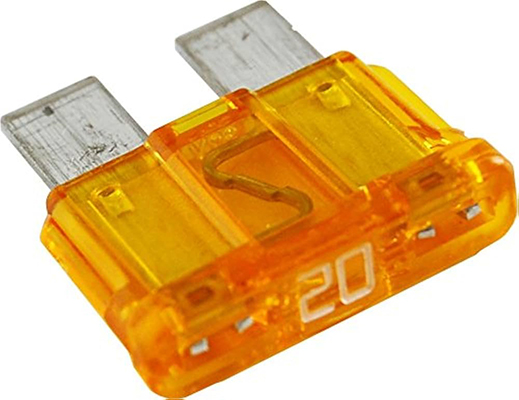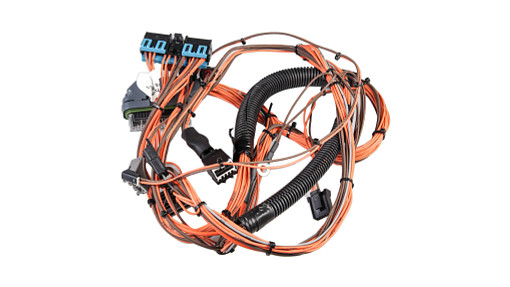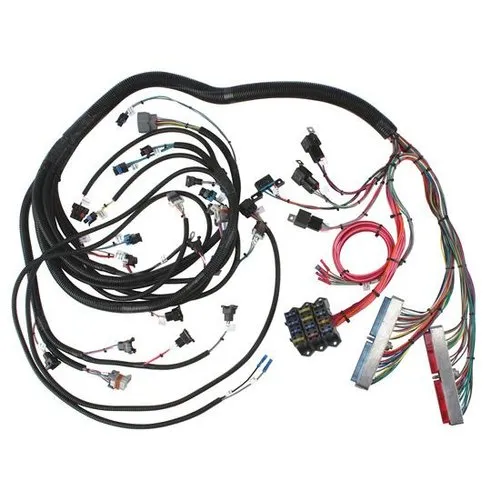Key Factors Leading to the Breakdown of Auto Fuses: An In-Depth Analysis of Short Circuits and Preventive Measures in Automotive Applications
News 2025-10-24
Auto fuses are essential components in vehicle electrical systems, designed to protect against overcurrent and short circuits by interrupting faulty circuits. As cars integrate more advanced electronics, fuse failures can cause significant issues, from minor inconveniences to major safety risks. This analysis covers common failure causes, focusing on short circuits, and emphasizes strategies for reliable performance in daily automotive use.

Short Circuits: A Dominant Failure Cause
Short circuits occur when an unintended low-resistance path forms in the electrical system, often due to damaged wiring or insulation breaches. In automotive settings, this can stem from accidents, corrosion, or manufacturing flaws, leading to rapid current surges that blow fuses. While fuses effectively halt these events to prevent fires or component damage, repeated failures highlight the need for thorough diagnostics and robust wiring practices to maintain system integrity.
Other Key Contributors to Fuse Failure
Beyond short circuits, fuses may fail from overcurrent due to added accessories exceeding rated capacity, thermal stress from high temperatures, or material degradation over time. Environmental factors like moisture and vibration exacerbate these issues, particularly in harsh driving conditions. Choosing high-quality fuses with enhanced durability and precise amperage ratings helps mitigate risks, ensuring consistent protection and extending the lifespan of vehicle electrical components.
Application Scenarios and Performance Enhancements
In real-world automotive applications, such as engine management and lighting systems, fuses safeguard critical operations by quickly isolating faults. Their performance advantages include rapid response times that minimize damage, along with designs that handle higher currents in modern vehicles. This reliability is vital in electric and hybrid cars, where complex circuits demand fuses with superior heat resistance and interrupt capabilities to support efficient, safe operation under diverse conditions.
Frequently Asked Questions
1. What causes a short circuit in a car?
A short circuit results from unintended electrical connections, often due to damaged wires or poor insulation, causing excessive current that can blow fuses.
2. How do auto fuses improve vehicle safety?
Auto fuses enhance safety by breaking circuits during overcurrent events, preventing potential fires and protecting sensitive electronics from irreversible damage.
3. What preventive steps can reduce fuse failures?
Regular inspections of electrical systems, using correctly rated fuses, and addressing wiring issues promptly can significantly lower the incidence of fuse failures in vehicles.


